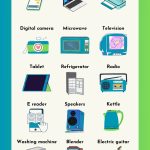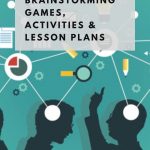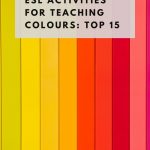Sequence words or linking words help us understand what’s happening in a story of a piece of text. They tell us what’s happening in the beginning, middle, or end of the story. They can also tell us that something is interrupting something else. They are also known as transition or chronological words.
Keep on reading to see more than 50 sequence words, along with example sentences.

Sequence examples English
What is a sequence word?
What are sequence words? Find out right here!
A sequence word is one that helps us understand the order of events in a story. They can tell us what happened first, next, and in the end. They are also known as linking words or connectors and are used in both speaking and writing and you see and hear them frequently when listening or reading. They are also known as transition, sequencing, or chronological words.
Sequence Words List: More than 50 with Examples
Check out these words that are used to signal the beginning, middle, and end of something.
Beginning Sequence Words
Here are some of the words which you might use to begin something.
- in the beginning
- to begin with
- to begin
- first of all
- once upon a time
- one day
- first
- firstly
- to begin with
- to start
- to start with
- once
- initially
- today
- yesterday
Examples of sentences for beginning words:
- To begin the class, introduce ourselves.
- First of all, I didn’t actually say that.
- To begin with, I’d like you to close your eyes.
- Once upon a time, there was a queen who . . .
- One day, I was riding my bike to school when . . .
- To start, you’ll have to solve the code.
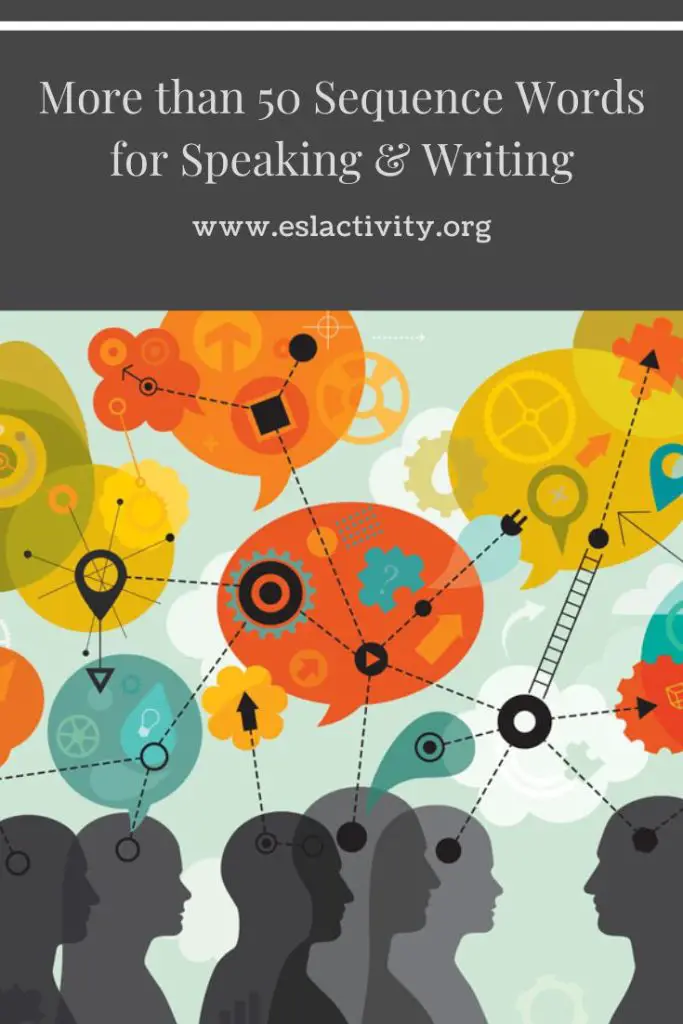
Sequence with list with examples
Middle Sequence Words
- soon
- next
- meanwhile
- then
- after that
- second
- third
- fourth
- secondly
- thirdly
- fourthly
- later
- after a while
- and
- furthermore
- further
- moreover
- another
- in addition
- in addition to
- also
- subsequently
- after
- before
- later that day
- the next day
- the following day
Examples of sentences with middle words:
- Moreover, you’ll need to also clean your room before going out tonight.
- Also, I’d like to order a cake for this weekend.
- Secondly, he’s willing to work for a lower salary than that other guy.
- Meanwhile, Abby had run away.
- Another idea I have is . . .
- In addition to being handsome, he’s smart as well!
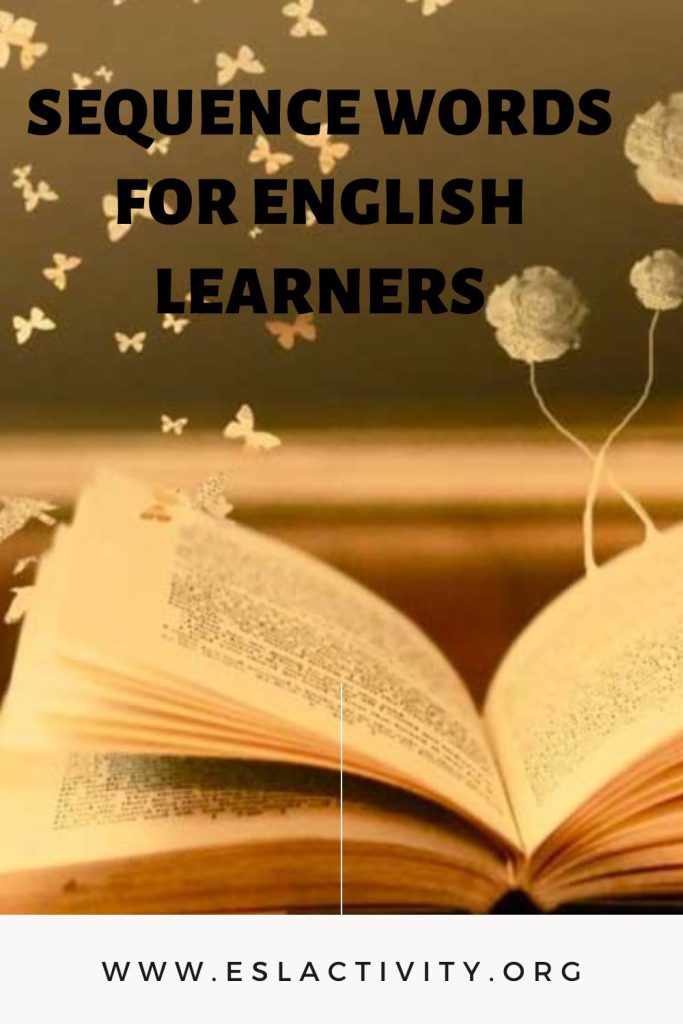
Sequencing words list in English
Ending Sequence Words
- finally
- at last
- in conclusion
- to summarize
- at the end
- in the end
- afterwards
- lastly
- finally
- after all
- by the end
- by this point
- eventually
- after all of that
- to finish off
- to conclude
Examples of sentences with ending words:
- In conclusion, I’d like to open the floor to any questions you might have.
- By this point in time, I was already exhausted.
- Finally, I finished up and was able to go home.
- After all of that, I didn’t end up getting the job.
- To summarize, I’d like you all to submit your timesheets by Friday at 5 pm!
- Eventually, I’ll have to move to a place without so many stairs.
- Amazon Kindle Edition
- Bolen, Jackie (Author)
- English (Publication Language)
- 325 Pages - 03/28/2022 (Publication Date)
Sequence Words for Interrupting
- suddenly
- unexpectedly
- all of a sudden
- but then
Examples of sentences with interrupting words:
- Suddenly, the rain started.
- All of a sudden, the wind started to blow.
- But then, my mom changed her mind and said that I couldn’t go.
What are Some Ways that I Can Use Sequence Words?
Sequencing words, also known as transition words or signal words, are used to indicate the order or sequence of events or ideas in a sentence or paragraph. They help to create coherence and guide the reader through a logical progression. Here are some ways you can use them effectively:
- Chronological Order
- First, we need to gather the materials.
- Next, we will mix the ingredients together.
- After that, we’ll bake the cake in the oven.
- Finally, we can enjoy the delicious dessert.
- Cause and Effect
- Due to the heavy rain, the streets were flooded.
- As a result, many people were unable to go to work.
- Consequently, the public transportation system was severely affected.
- Problem-Solution
- One problem facing our community is the lack of recycling facilities.
- To address this issue, we could set up recycling centers in key locations.
- By implementing these solutions, we can reduce waste and promote environmental sustainability.
- Compare and Contrast
- On one hand, some people prefer living in the city for its convenience.
- On the other hand, others enjoy the tranquility and space of rural areas.
- Similarly, both options have their advantages and disadvantages.
- Step-by-Step Instructions
- To prepare a sandwich, start by toasting the bread.
- Then, spread mayonnaise on one side and mustard on the other.
- Next, layer the lettuce, tomato, and your choice of meat and cheese.
- Finally, put the two slices of bread together and cut the sandwich in half.
How Can I Practice Using Sequence Words?
Practicing the use of sequence words is essential for English learners to develop their skills in organizing ideas and conveying the chronological order of events. Here are some effective ways for English learners to practice using sequence words:
Storytelling
Encourage students to tell stories or narrate personal experiences using sequence words. Provide them with prompts or specific events to ensure the use of appropriate chronological markers such as “first,” “next,” “then,” “after,” “finally,” etc.
Picture Sequencing
Provide students with a series of pictures depicting a story or process. Ask them to arrange the pictures in the correct order and describe what is happening in each image using appropriate sequence words. This activity helps reinforce the connection between visual cues and sequential language.
Guided Writing Exercises
Assign writing tasks that require students to describe a process or explain a series of events. Provide a list of sequence words as a reference and encourage their usage throughout the writing. Review and provide feedback on their use of appropriate sequencing.
Collaborative Story Building
Divide students into groups and assign each group a specific topic or story idea. Each student takes turns adding a sentence or paragraph to the story, making sure to use sequencing words to connect their contributions. This activity promotes teamwork, creativity, and the application of sequence words in context.
Timelines and Flowcharts
Have students create timelines or flowcharts to visually represent a sequence of events. This can be done individually or in groups. They should label each step or event using sequence words to demonstrate the order of occurrence.
Guided Reading
Provide texts or passages that contain sequence words, such as procedural texts, historical accounts, or narratives. Have students read the text and identify the sequence words used to describe the order of events. Discuss how the sequencing words contribute to the overall understanding of the text.
Listening and Comprehension Exercises
Use audio or video clips that involve a series of events or steps. Students listen or watch carefully and write down the sequencing words they hear or observe. This activity enhances listening skills while reinforcing the use of appropriate sequencing vocabulary.
Role-Play Scenarios
Assign students different roles in a role-play scenario and provide them with a sequence of events to act out. They must use sequence words to guide the flow of the role-play and ensure that the events occur in the correct order.
Sentence Scrambles
Create sentence scrambles where students rearrange words or phrases to form coherent sentences using sequence words. This activity helps students practice identifying and using appropriate sequencing vocabulary.
Real-Life Application
Encourage students to use sequence words in their daily life conversations and interactions. For example, they can describe the steps of a recipe, recount their weekend activities, or explain a process they followed.
More Ideas for Learning English
- Amazon Kindle Edition
- Bolen, Jackie (Author)
- English (Publication Language)
- 148 Pages - 11/22/2020 (Publication Date)
If you want to improve your English ability in a big way, consider picking up this book: 1001 English Expressions and Phrases. It has hundreds of super practical idioms, phrases and expressions for a variety of situations.
Get a copy of the book today and get ready for some English awesome!
FAQs about Sequence Words
There are some common questions that people have about using these kinds of words. Here are the answers to the most common ones:
What are sequence words?
Sequence words, also known as transitional words or signal words, are words or phrases that indicate the order or sequence of events or ideas in a text.
What is the purpose of using sequencing words?
Sequencing words help readers or listeners understand the chronological or logical order of information being presented. They provide coherence and structure to the text, making it easier to follow and comprehend.
What are some examples of sequence words?
Examples of sequence words include “first,” “next,” “then,” “afterward,” “finally,” “previously,” “meanwhile,” “simultaneously,” “in conclusion,” and “subsequently,” among others.
How do sequence words enhance writing?
Sequence words improve the flow and organization of writing by linking ideas and events in a clear and logical manner. They help create smooth transitions between paragraphs, sentences, or clauses.
Are sequencing words only used in written language?
No, sequencing words are used in both written and spoken language. They are commonly employed in narratives, essays, speeches, instructions, and any form of communication that involves presenting information in sequential order.
Sequence Words List: Join the Conversation
Which sequence, transition, or chronological words do you most often use? Leave a comment and let us know. We’d love to hear from you!
Last update on 2022-07-17 / Affiliate links / Images from Amazon Product Advertising API




